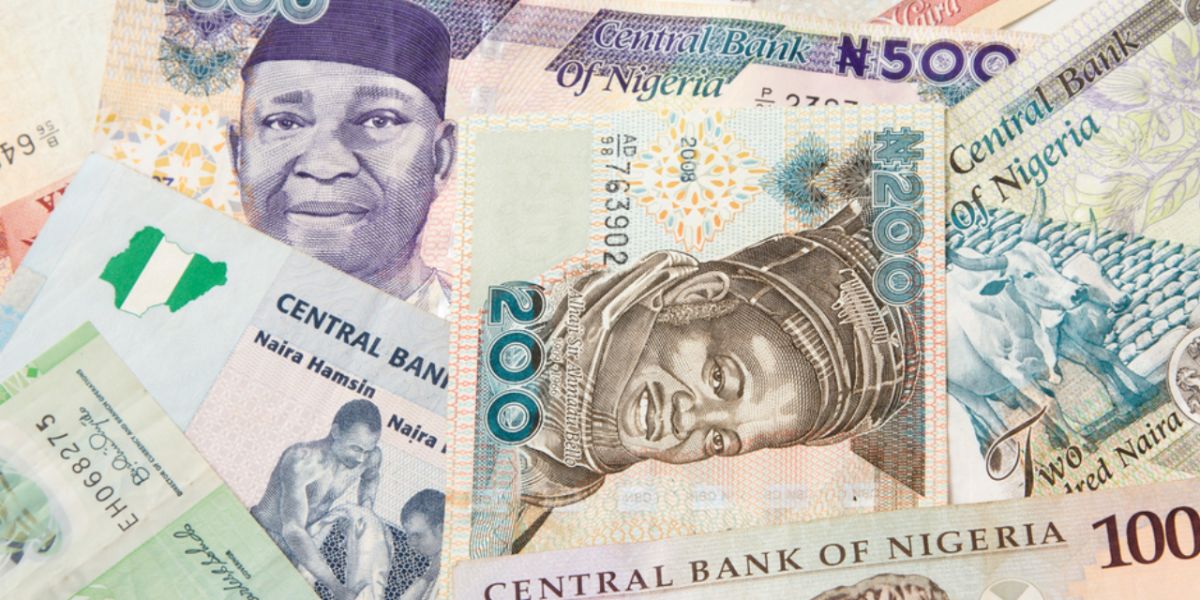
Nigeria has a quite developed financial system based on a raft of commercial banks, but expats should be wary of financial fraud when banking in Nigeria, as it is a significant concern in the country.
Financial system of Nigeria
The national currency is the Nigerian Naira (NGN), split into 100 kobo (k). The naira has undergone several devaluation operations since the 1980s. As of 2017, conversion rate to the euro stands at around 360 to 1.
The naira is issued by the Central Bank of Nigeria, which also supervises the national banking and financial system. The national stock exchange is based in Lagos.
Attention:
Various financial hacks, scams, credit card and ATM frauds are extremely common throughout the country, always pay close attention when using your card and regularly check your account statements. Also be wary of 'too-good-to-be-true' deals or business opportunities.
Banking in Nigeria
The country has some 100 banking and financial institutions. Major commercial banking networks with international authorisations in Nigeria include Access Bank, Union Bank of Nigeria, First Bank of Nigeria, Zenith Bank, Diamond Bank, Fidelity Bank Nigeria, First City Monument Bank, Skye Bank, Guaranty Trust Bank, and United Bank for Africa.
Most have branches throughout the country, meaning that ATMs are available in all Nigerian cities and towns, although they do not all accept foreign cards.
All banks offer standard banking services, including Internet banking, but their systems are subject to frequent shutdowns and are perceived as unreliable. Hence most expats choose to maintain their foreign accounts and use it for their daily transactions, regardless of the high management and transaction fees.
Alternatively, expats have the possibility to open a local account provided they hold a valid work or residence permit. If you haven't received your permit yet, still do try your luck in several branches, one of them might prove understanding. Procedure to set up a bank account is otherwise fairly simple, but can take time.
Although an increasing number of outlets accept credit or debit cards, the Nigerian society is largely cash-based, and even business transactions or payments for phones and Internet subscription are usually performed in cash.
Important:
If you plan on keeping using your foreign account and card during your stay in Nigeria, notify your bank before moving: because of the prevalence of fraudulent activities in the country, some Western banks will block transactions made in Nigeria.
Cost of living in Nigeria
Most expats tend to significantly underestimate the cost of living in Nigeria. If you were looking forward to crazy shopping sprees, we have bad news for you: the purchasing power of expatriates in Nigeria is not that high, at all.
Most of Nigeria's population may live below the international poverty threshold, but, according to HR firm Mercer's 2017 report, Lagos is the 29th most expensive city for expatriates -- ahead of London or Munich!
Good to know:
A standard 10% tip is expected in restaurants and taxis.
Useful link:
We do our best to provide accurate and up to date information. However, if you have noticed any inaccuracies in this article, please let us know in the comments section below.











